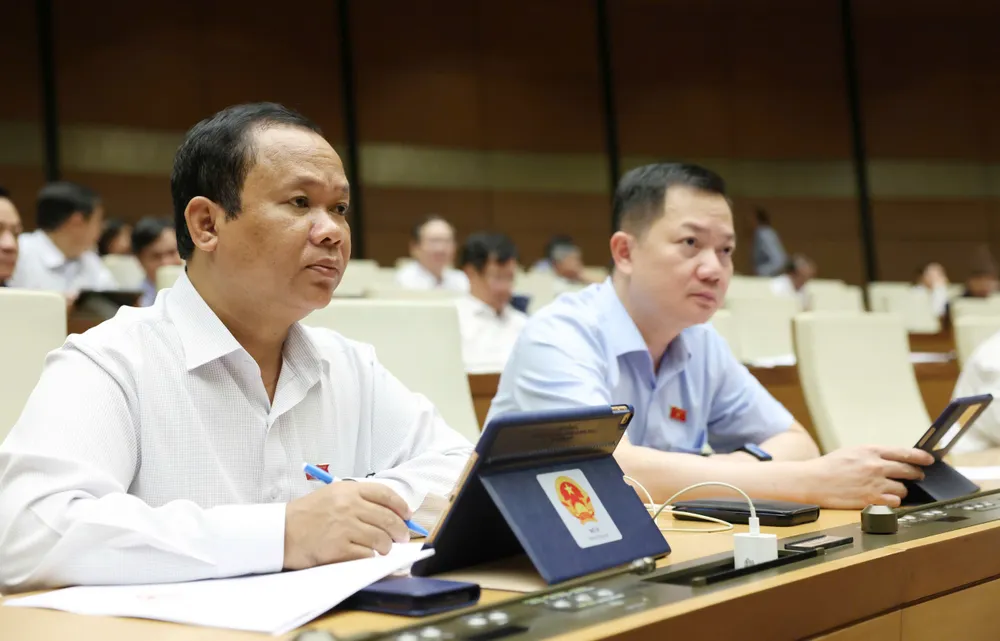
The 2021-2030 phase plans remain in effect until replaced.
Discussing at the meeting, delegate Nguyen Truc Son ( Ben Tre delegation) emphasized that after merging administrative units, the need to adjust the planning is very urgent. If the planning implementation plan is not allowed to be adjusted, many problems will arise in implementing development investment programs and projects. The delegate proposed that the Government should soon have specific instructions so that localities can proactively prepare for the 2031-2040 planning period, especially regarding budget allocation and selection of competent consulting units, to avoid delays like in the previous period.
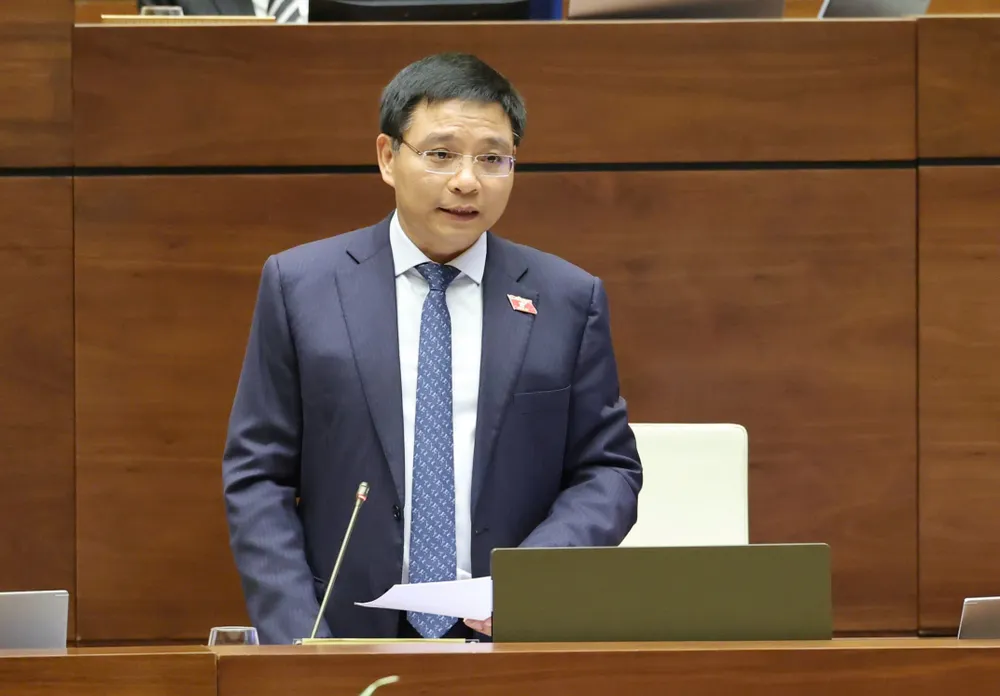
Minister of Finance Nguyen Van Thang spoke to explain and clarify a number of issues raised by National Assembly deputies on the afternoon of June 25. Photo: QUANG PHUC
Explaining at the meeting, Minister of Finance Nguyen Van Thang emphasized that for localities implementing the merger of 2-3 provinces, planning adjustment is an urgent requirement. To ensure there are no legal gaps, the Government proposed that the National Assembly include 3 key groups of solutions in the resolution.
Accordingly, national, regional and provincial planning for the 2021-2030 period will continue to be effective until replaced or adjusted. Merged localities are allowed to base on the old provincial planning to approve programs and projects already included in the planning. Place names and administrative locations are used flexibly, ensuring continuity in investment and development.
In addition, localities can use a variety of resources (not only from public investment) to establish and adjust plans, creating initiative in implementation. The goal is to avoid interruptions in investment, production and business activities, especially in the context of businesses waiting for clarity on plans to decide on capital investment.
The Government will submit to the National Assembly a comprehensive amendment to the Planning Law at the 10th session (October 2025), and at the same time synchronously amend related laws such as the Land Law and the Real Estate Business Law, in order to fully prepare the legal basis for the 2031-2040 planning period.
Increasing international cooperation, ensuring rights in civil judicial assistance
Discussing the draft Law on Mutual Legal Assistance in Civil Matters, delegate Nguyen Minh Tam (Quang Binh) proposed to add the principle of “reciprocity” – a basic principle in international judicial cooperation. At the same time, the delegate also proposed to amend the provisions on the method of implementing Vietnam’s request for mutual legal assistance in civil matters in the direction that Vietnam’s request for mutual legal assistance in civil matters shall be implemented in accordance with international treaties and mutual legal assistance in civil matters that Vietnam and foreign countries have signed. In cases where an international treaty on mutual legal assistance has not been signed, it shall be implemented in accordance with the laws of the requested country, or in a specific manner that the requested country accepts.
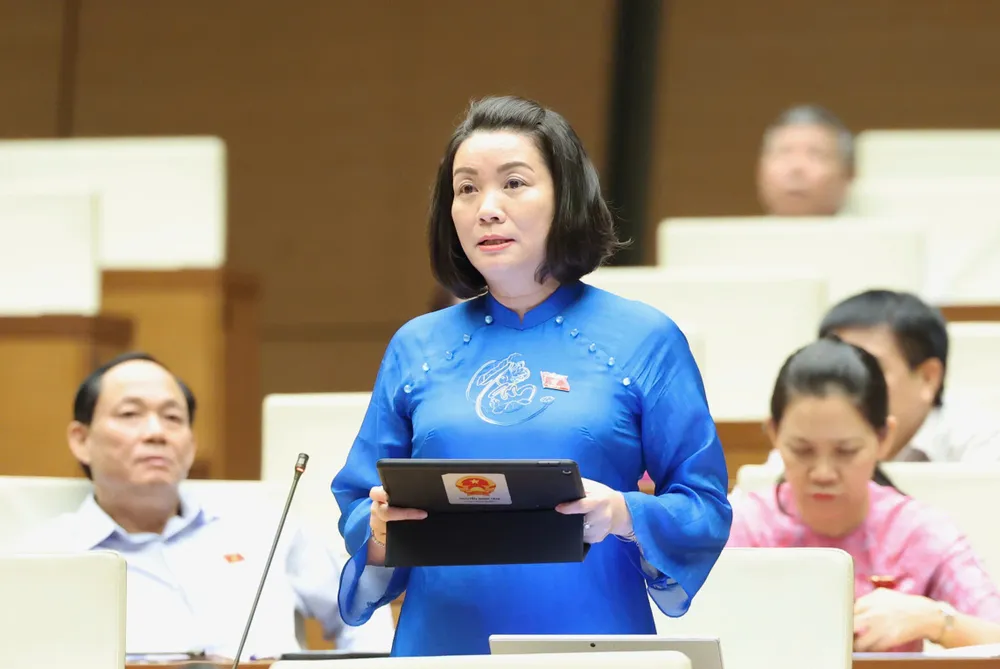
Regarding the issue of summoning and protecting witnesses in civil cases, delegate Pham Van Hoa (Dong Thap) expressed concern: protecting the safety of witnesses returning to Vietnam from abroad or bringing Vietnamese witnesses abroad is a big challenge, especially in cases involving large assets, which can easily lead to threats and control that affect the objectivity of testimony. Therefore, the delegate said that signing an agreement to protect witnesses, protect the rights and legitimate interests of individuals and witnesses is extremely necessary.
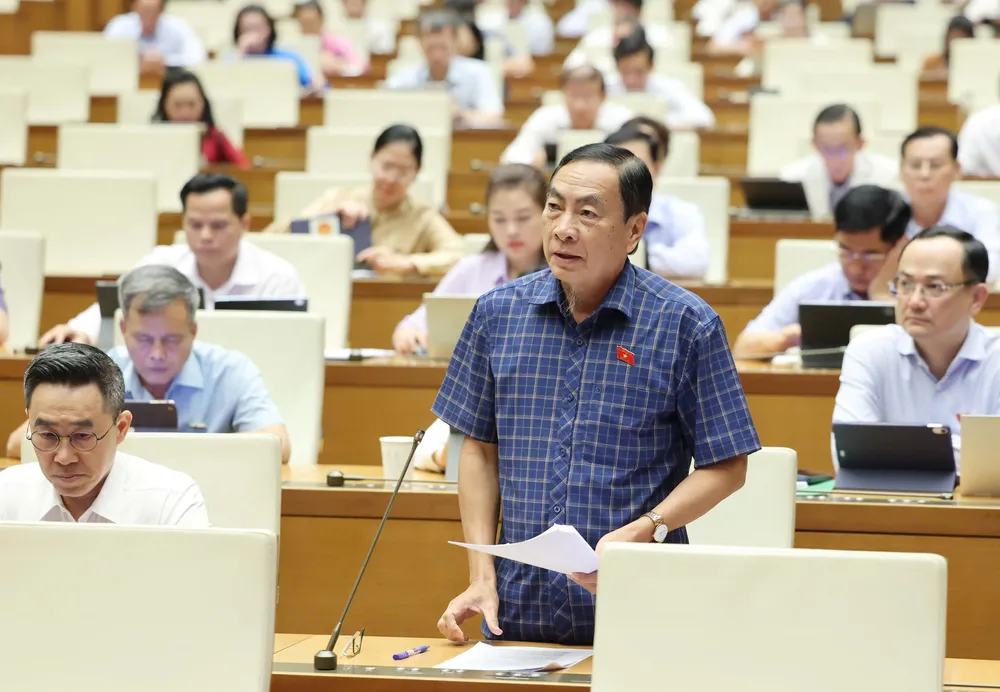
Explaining the opinions of the delegates, Minister of Justice Nguyen Hai Ninh said that instead of strictly regulating the principle of “reciprocity”, the draft law has a more flexible approach: allowing refusal to provide mutual assistance if the partner country does not cooperate with Vietnam in return. This provision creates a legal basis for competent authorities to make specific decisions in each case. The goal is to both ensure sovereignty and protect the maximum interests of Vietnamese citizens and businesses in the context of deep international integration.
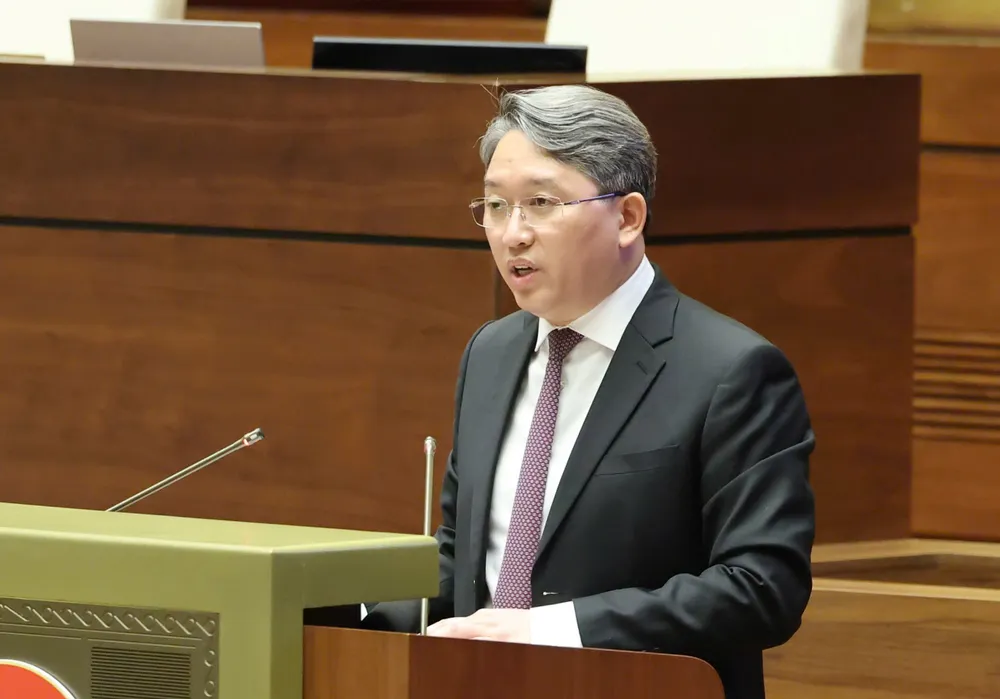
Source: https://www.sggp.org.vn/bo-truong-bo-tai-chinh-khong-de-dia-phuong-sau-sap-xep-co-khoang-trong-quy-hoach-post801060.html


![[Photo] Prime Minister Pham Minh Chinh receives President of Cuba's Latin American News Agency](/_next/image?url=https%3A%2F%2Fvphoto.vietnam.vn%2Fthumb%2F1200x675%2Fvietnam%2Fresource%2FIMAGE%2F2025%2F12%2F01%2F1764569497815_dsc-2890-jpg.webp&w=3840&q=75)





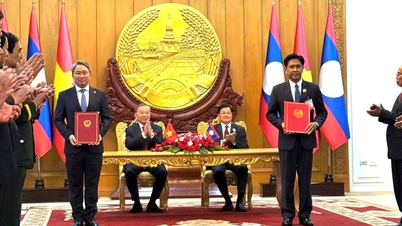

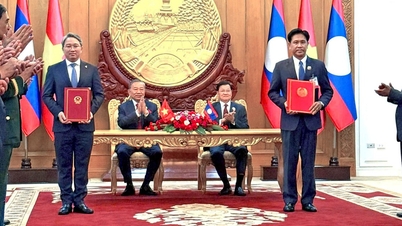

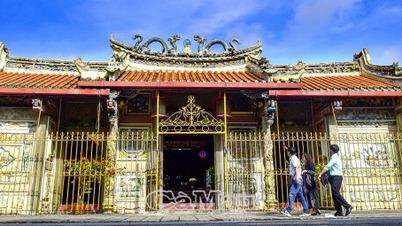

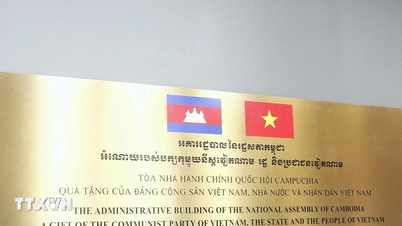

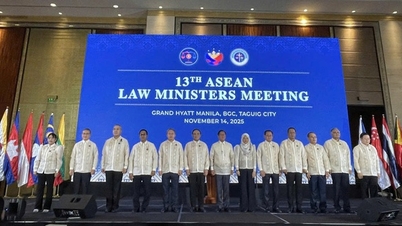

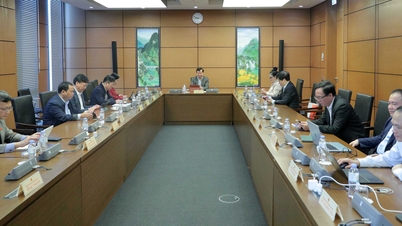

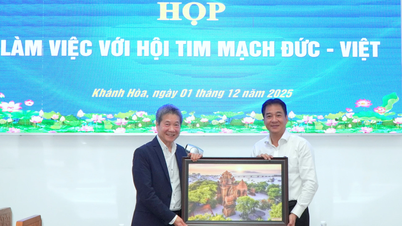

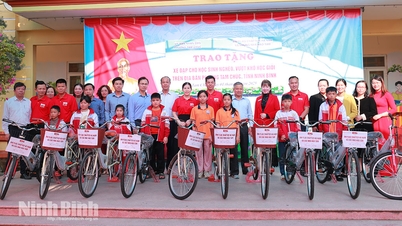

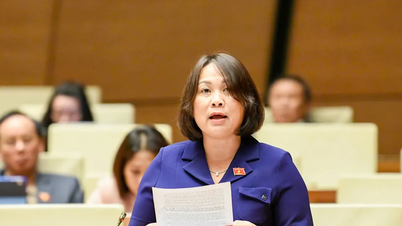
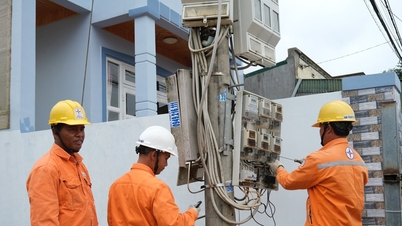

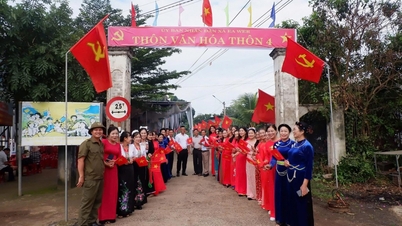






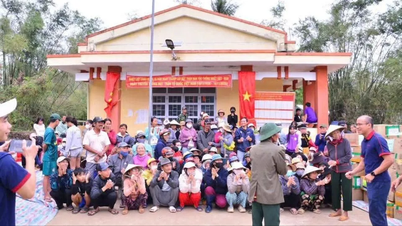
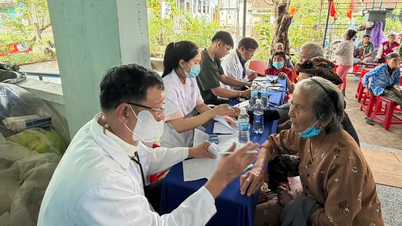

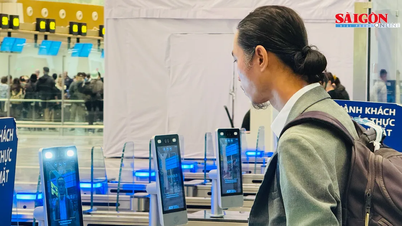
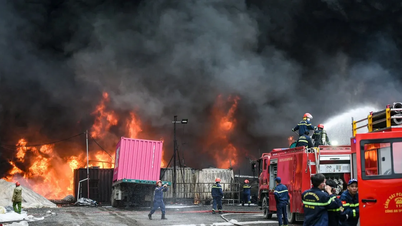
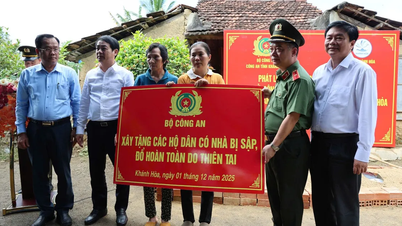











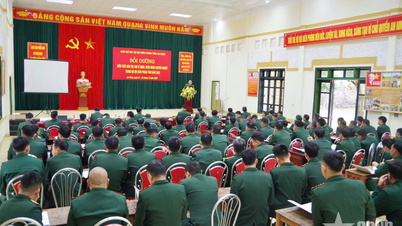



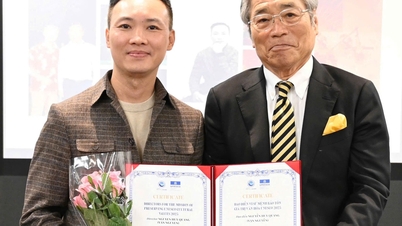




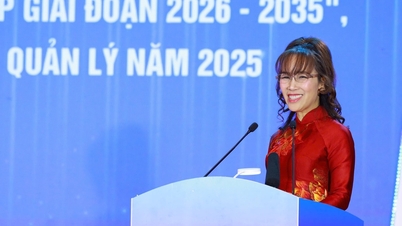




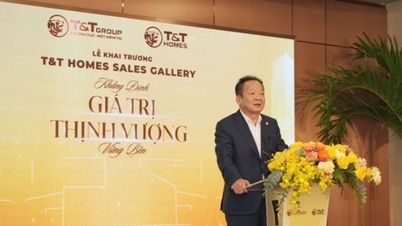












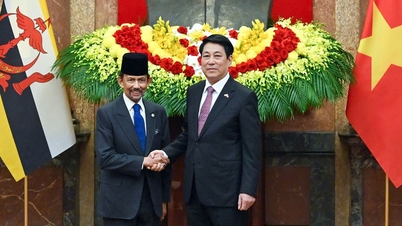
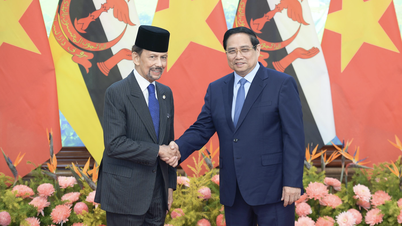

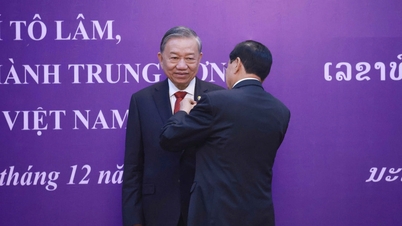



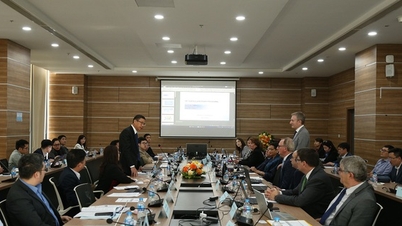

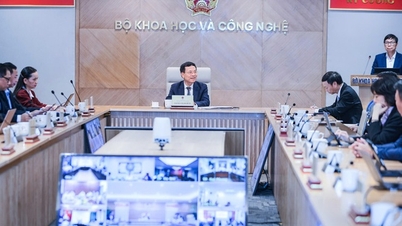



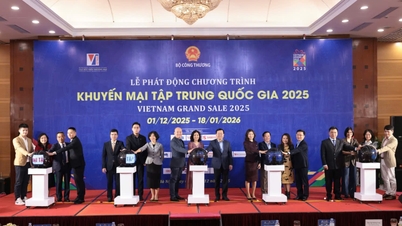

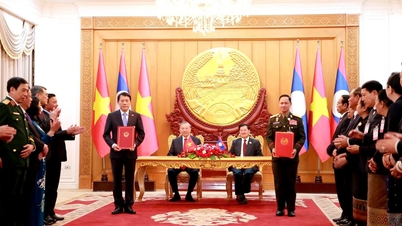
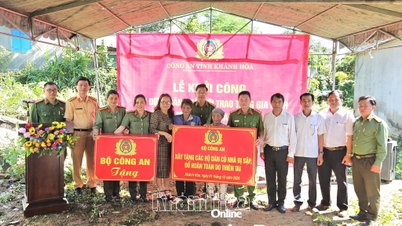


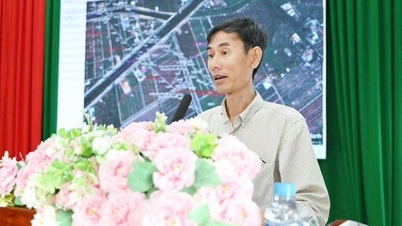














Comment (0)